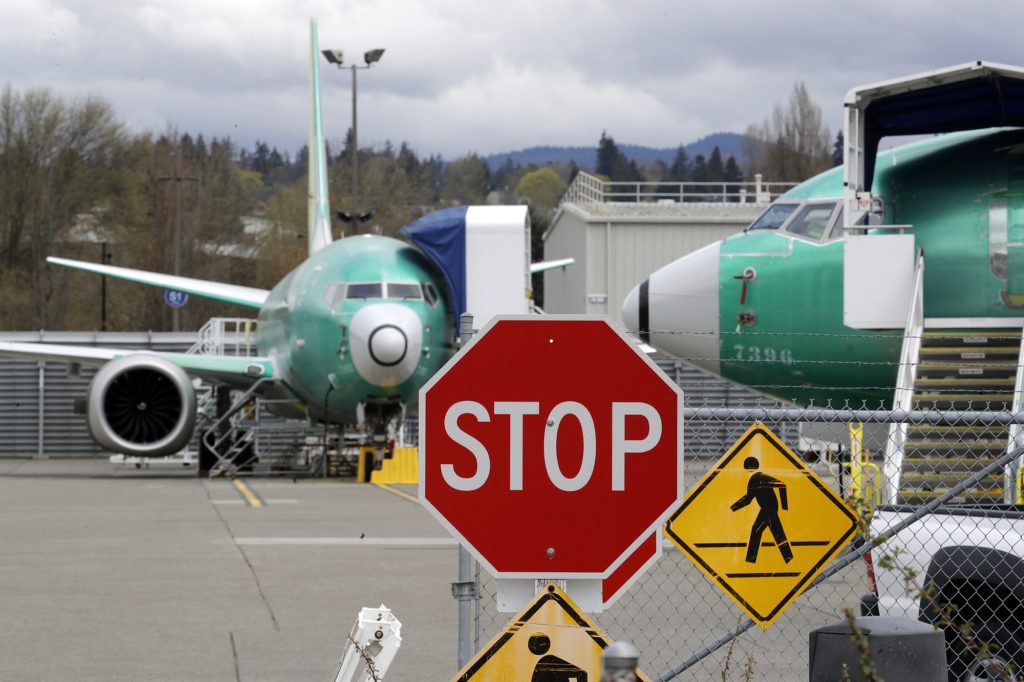The Justice Department has determined that Boeing violated the terms of its deferred prosecution agreement related to the Max 8 fatal crashes. In a letter to Northern Texas District Judge Reed O’Connor, federal prosecutors stated that Boeing breached the obligations of the agreement by failing to design, implement, and enforce a compliance and ethics program to prevent and detect violations of U.S. fraud laws throughout its operations. Boeing has 30 days to respond to the DOJ’s letter, and the DOJ is still determining how it will proceed in the matter.
In January 2021, Boeing reached an agreement with the DOJ to pay $2.5 billion to avoid criminal prosecution after the DOJ investigation found that Boeing had concealed certain information related to the Max 8. The DOJ stated that Boeing admitted in court that its technical pilots had deceived the Federal Aviation Administration about flight control software in the Max 8, ultimately resulting in the fatal Lion Air and Ethiopian Airlines crashes. The recent probe into Boeing after the Alaska Airlines incident, where a door plug suddenly blew off a Max 9, has also raised concerns. It is unclear whether this incident could have violated Boeing’s deferred prosecution agreement, as it occurred just days before the agreement expired in January.
Boeing has confirmed that it received the DOJ letter and believes it has honored the terms of the agreement. The ongoing federal scrutiny of the company has intensified following the Alaska incident. The National Transportation Safety Board is currently investigating the matter, and senators have called for Boeing’s CEO to testify in Congress. The uncertainty surrounding how the DOJ will proceed in response to Boeing’s violations of the deferred prosecution agreement adds to the growing pressure on the company to address systemic issues in its compliance and ethics programs to prevent future violations of U.S. fraud laws throughout its operations.
The DOJ’s findings of Boeing’s breach of the deferred prosecution agreement related to the Max 8 have raised concerns about the company’s transparency and accountability in addressing safety issues. Boeing’s admission that its technical pilots deceived the FAA about flight control software in the Max 8 has further damaged its reputation and eroded trust in its compliance and ethics practices. The DOJ’s investigation and potential criminal prosecution could have far-reaching implications for Boeing’s business operations and relationships with regulatory agencies, as well as its reputation in the aerospace industry.
The ramifications of the DOJ’s determination that Boeing violated the terms of its deferred prosecution agreement extend beyond financial penalties to potential criminal charges that could have significant consequences for the company. Boeing’s response to the DOJ’s letter and its efforts to address the issues identified in the investigation will be closely scrutinized by regulators, lawmakers, and the public. The outcome of this latest development in the ongoing saga of Boeing’s involvement in the Max 8 crashes and subsequent investigations will have lasting effects on the company’s future and its standing in the aviation industry. Boeing’s reputation and credibility are at stake as it navigates the fallout from its failures to comply with the terms of the deferred prosecution agreement and address the root causes of the fatal crashes.
In conclusion, the DOJ’s determination that Boeing violated the terms of its deferred prosecution agreement related to the Max 8 crashes underscores the urgent need for the company to address systemic issues in its compliance and ethics programs. The ongoing federal scrutiny and potential criminal charges facing Boeing highlight the importance of transparency, accountability, and a commitment to safety in the aerospace industry. Boeing must take decisive action to rebuild trust with regulators, lawmakers, and the public by demonstrating a renewed focus on compliance and ethics in its operations. The company’s response to the DOJ’s findings and its efforts to prevent future violations of U.S. fraud laws will be critical in determining its future prospects and reputation in the aftermath of the Max 8 crashes and subsequent investigations.


